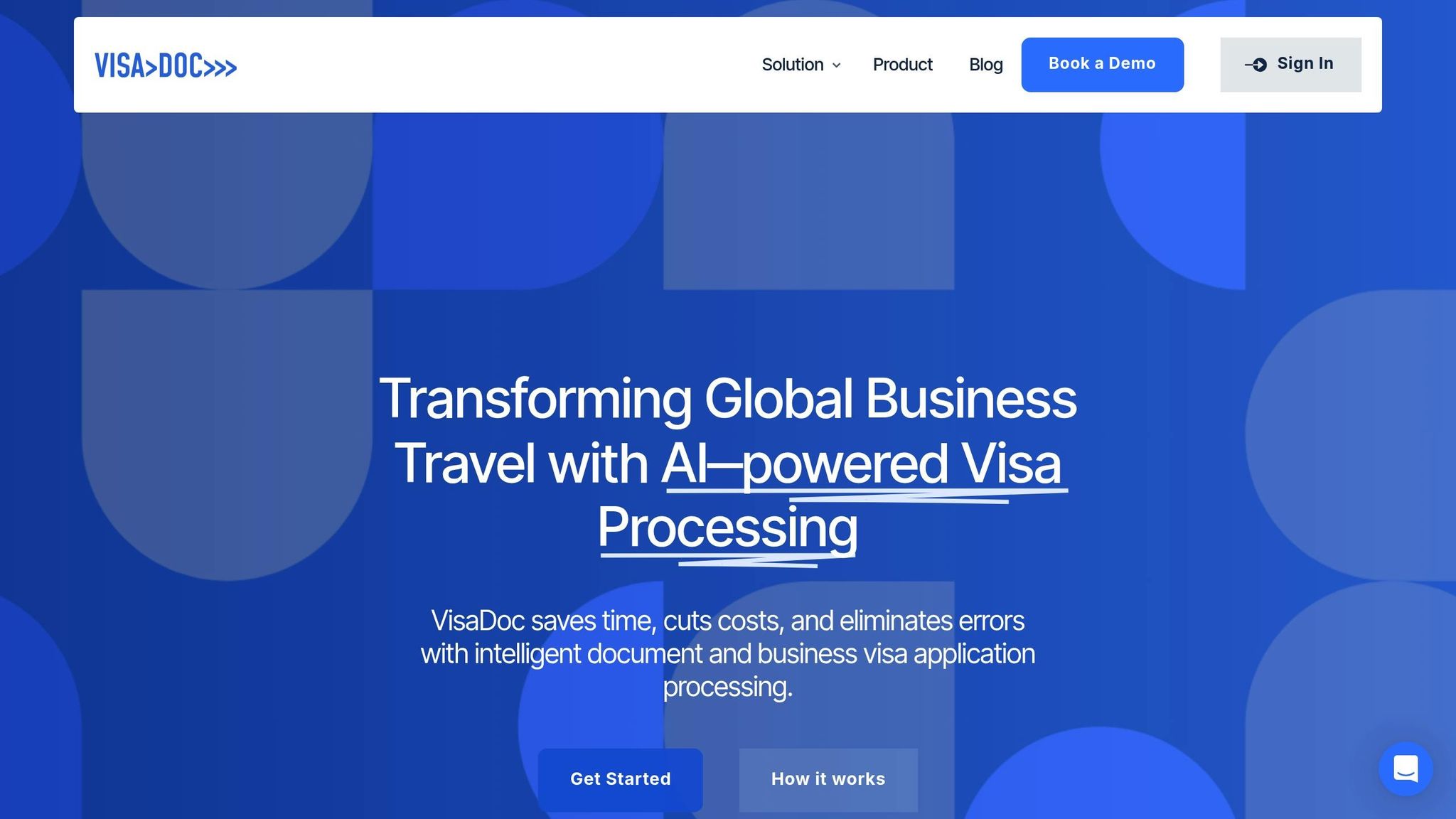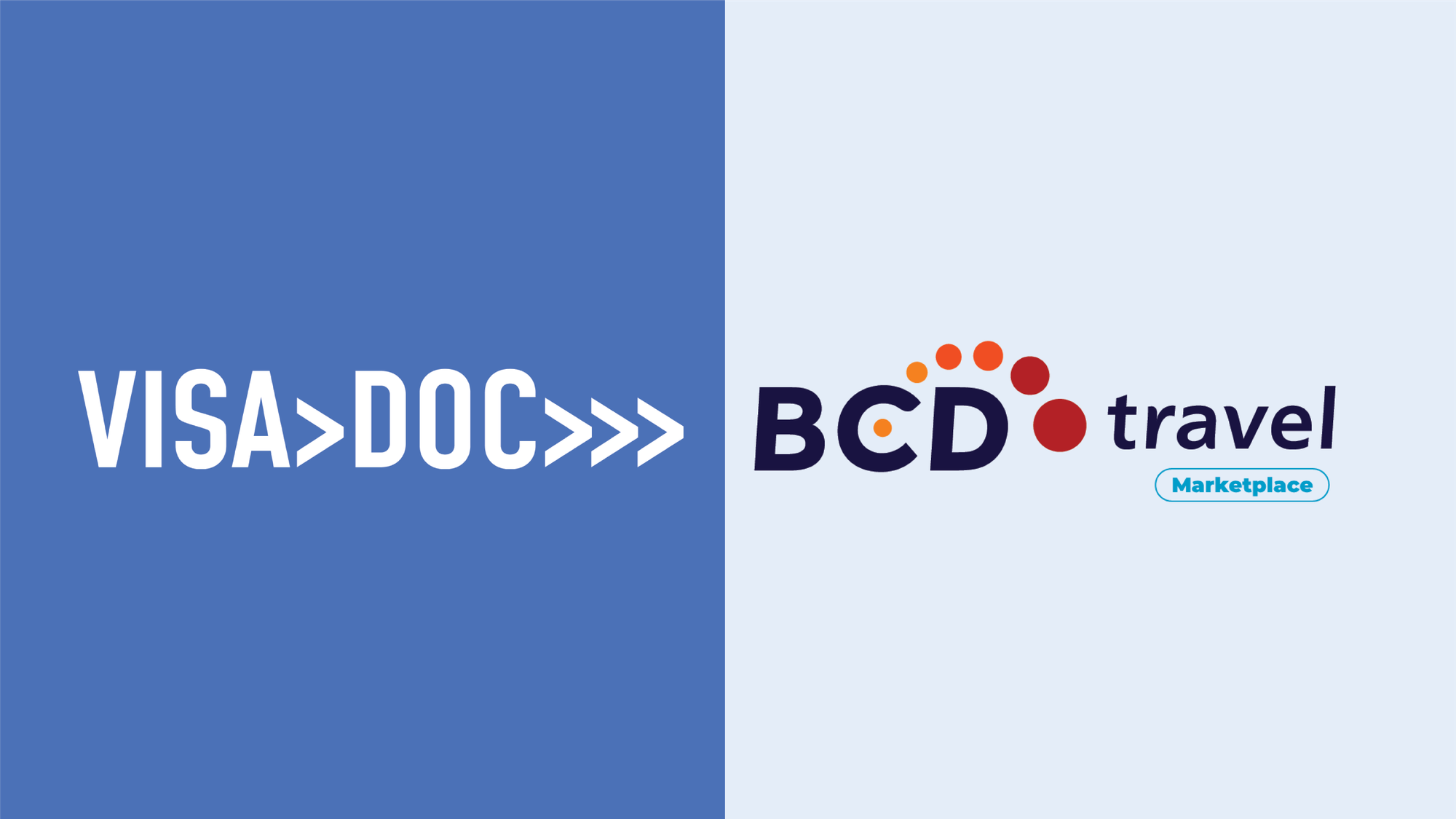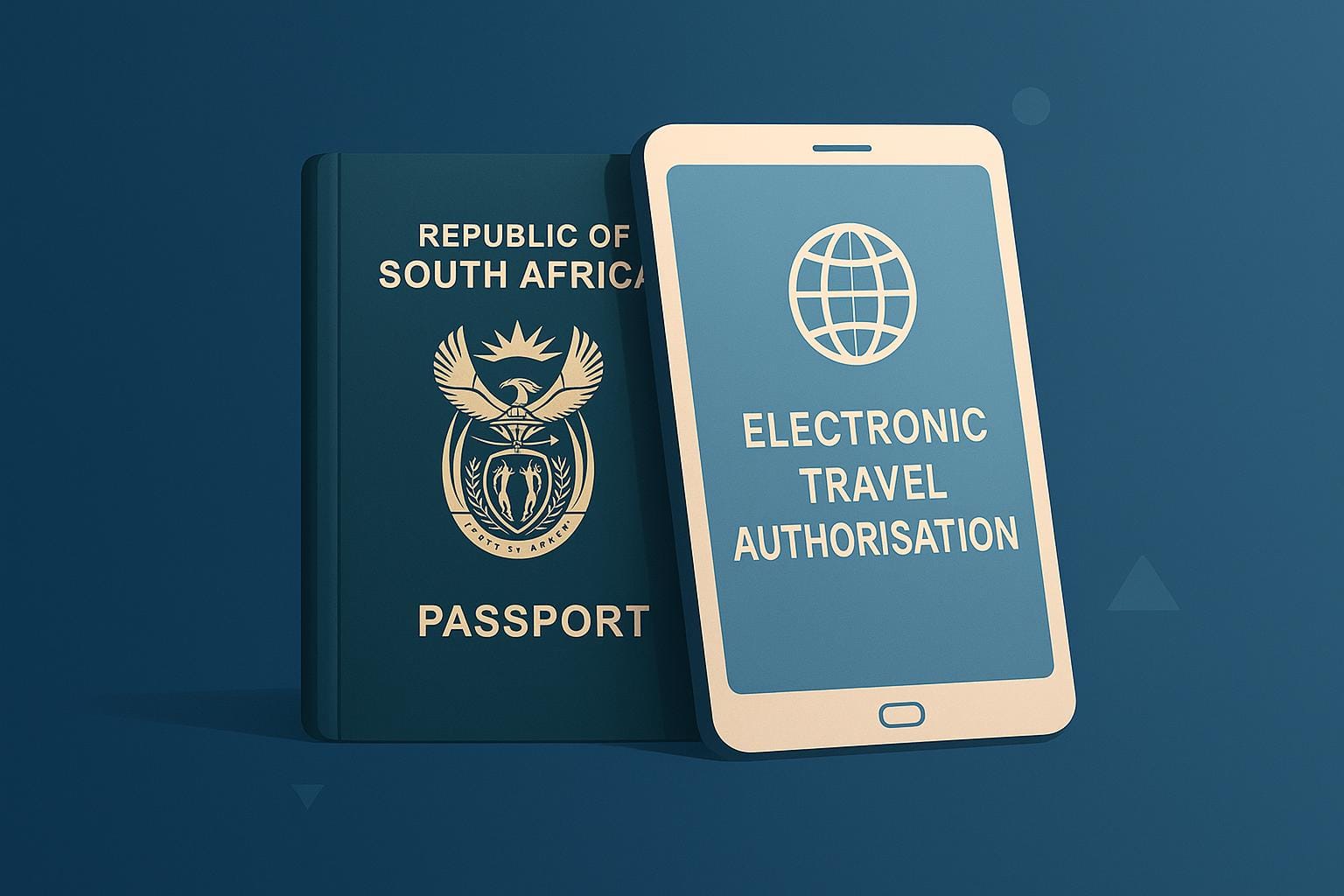If you're a UK professional planning to attend oil and gas sector meetings in Saudi Arabia, you'll need to navigate specific visa requirements. Here's the essential information:
- Visa Purpose: For business activities like meetings and negotiations - employment is not permitted.
- Validity: Ranges from 30 to 90 days.
- Key Documents:
- Invitation letter approved by the Saudi Ministry of Foreign Affairs.
- Business letter from your UK company.
- Legalised academic and professional credentials for technical roles.
- Criminal record certificate.
- Application Fee: SAR 1,000 (approx. £213).
- Special Requirements: Stricter checks for oil and gas professionals, including diploma legalisation and technical competency proof.
- Compliance: Companies must meet Saudisation quotas and other HR regulations.
Quick Comparison: Standard vs Oil & Gas Business Visa
| Criteria | Standard Visa | Oil & Gas Visa |
|---|---|---|
| Educational Documentation | Basic verification | Full legalisation required |
| Professional Experience | General work history | Detailed technical portfolio |
| Processing Time | Standard | Longer due to extra checks |
| Approval Authority | Ministry of Foreign Affairs | Additional energy regulators |
Make sure your documents are accurate, legalised, and submitted on time to avoid delays. For technical roles, a Temporary Work Visa may be needed for on-site tasks. Stay updated with Saudi regulations to ensure compliance.
Eligibility Requirements for Oil & Gas Sector Visas
Basic Eligibility Requirements
Employers need to meet several key conditions before applying for visas in the oil and gas sector. These include holding a valid Commercial Register, maintaining an 'Existing' status in the Saudi business registry, achieving at least a medium green rating in the Nitaqat system, having a clean record in the Wage Protection System, and ensuring their visa issuance balance is sufficient. Individual applicants, on the other hand, must have a valid passport and sponsorship from a company registered in Saudi Arabia. Applications will be rejected if employers have expired pre-existing visas.
The application fee stands at SAR 1,000 (around £213), calculated at a fixed exchange rate of SAR 3.75 per US$1.00. These baseline requirements serve as a foundation for the additional criteria specific to the oil and gas sector.
Oil & Gas Sector Requirements
Professionals in the oil and gas industry face stricter requirements compared to standard business visa applicants. These include extensive documentation and detailed credential evaluations. Applicants must provide academic transcripts, professional certifications, and employment histories, all of which typically require third-party verification. Additionally, documents often need to be legalised, translated by certified professionals, and approved by local authorities.
One particularly critical step is diploma legalisation. Academic qualifications must be authenticated through Saudi diplomatic missions before the visa application process can move forward. For professionals involved in major projects, such as the Marjan and Berri field expansions, additional requirements include submitting project portfolios and technical competency certificates that highlight expertise in large-scale operations. The sector’s ambitious goal of achieving 75% Saudisation by 2030 further tightens the approval process, making it more selective.
Standard vs Oil & Gas Visa Requirements
When comparing standard business visas to those required for the oil and gas sector, the differences in documentation and approval processes become clear. Oil and gas sector visas demand more rigorous checks and technical verifications.
| Requirement Category | Standard Business Visa | Oil & Gas Sector Visa |
|---|---|---|
| Educational Documentation | Basic degree verification | Full credential evaluation and diploma legalisation |
| Professional Experience | General work history | Detailed technical portfolio and certifications |
| Company Compliance | Standard Nitaqat rating | Increased scrutiny with a 75% Saudisation target by 2030 |
| Processing Timeline | Standard processing | Longer timelines for technical verification |
| Approval Authority | Ministry of Foreign Affairs | Additional oversight from energy sector regulators |
Separate visa categories apply depending on the type of work being performed. For example, business visit visas allow for meetings, while Temporary Work Visas are required for on-site technical work.
It’s also essential for companies to ensure that invitations or approval notices are sent to the correct Saudi Arabian Embassy, as processing requirements can differ between diplomatic missions. Staying up to date with official government announcements is crucial, particularly with the ongoing changes driven by Saudi Arabia’s Vision 2030 initiatives. Regular monitoring can help companies remain compliant with these evolving regulations.
Required Documents and Application Steps
Required Documents
When applying for a visa related to the oil and gas sector in Saudi Arabia, it’s essential to have all required documents prepared with precision. One of the key documents is the invitation letter, which must be issued through either the Saudi Ministry of Foreign Affairs or the Saudi Arabia Chamber of Commerce. This letter, written in Arabic, must include a registration code starting with 700 and carry the official stamp of the local Saudi Chamber of Commerce. It should clearly state the applicant’s name, passport number, company details, visit dates, and the purpose of the trip.
Additionally, a business letter from your UK-based company is required. This letter should mirror the details in the invitation letter and must be printed on company letterhead. It should be addressed to the "Consulate of Saudi Arabia" and directed to "His Excellency Visa Consul." Make sure the letter is signed by someone other than the traveller. Before submission, the letter must be legalised by both your local Chamber of Commerce and the Superior Chamber of Commerce.
Personal documentation includes:
- Your original passport (valid for at least six months)
- Headshot photographs
- A completed visa application form.
For those in the oil and gas industry, additional documentation is required. This includes a copy of the Saudi sponsor company’s registration form from the Ministry of Industry and Commerce, which must bear the approval stamp from the Saudi Ministry of Foreign Affairs.
Certain technical roles may also require special permits from security authorities instead of standard commercial registration. Given that many operations are centred in Dammam and the Eastern Province - home to Saudi Aramco and other major petrochemical companies - applicants may face further verification processes.
UK applicants must also provide criminal record certificates, obtained through official channels and authenticated according to Saudi standards.
Once all these documents are in order, it’s time to navigate the application process.
Application Process
With the necessary paperwork ready, eligible applicants can proceed with the application process, which offers both online and in-person options. If you hold a valid UK visa (used at least once), UK permanent residency, or a GCC residence permit valid for at least three months, you may qualify to apply online through the expanded Business Visit Visa for investors programme. This option does not require a sponsor.
For standard business travellers, the process involves obtaining an invitation from a Saudi company and scheduling an in-person appointment at a Saudi consular office. UK residents typically work with the Saudi Embassy in London.
The verification of documents involves collaboration between the Saudi Ministry of Foreign Affairs and the Saudi Arabia Chamber of Commerce. This step ensures the invitation letter is authenticated. If your invitation letter does not go through these official channels, you will need to attach a copy of the Commercial Register, along with the Saudi company owner’s identification document, signature, and seal.
E-visa approvals generally take three to five working days. However, applications tied to the oil and gas sector may require additional time due to the need for technical or security clearances.
Accuracy is crucial - make sure your business letter matches your passport details, including your passport number, profession, and position. Any discrepancies can lead to rejection. It’s also important to secure your business or commercial visa before arriving in Saudi Arabia.
For those applying for Temporary Work Visas, additional steps are required. You’ll need to submit documents such as medical clearances, criminal record certificates, academic qualifications, and employment contracts. These must be properly apostilled and legalised before submission.
Compliance Requirements for HR Teams
Main Compliance Requirements
HR teams overseeing Saudi business travel for oil and gas professionals face a maze of compliance rules. A key focus is adhering to the Nitaqat programme, which directly influences the ability to secure temporary business visas.
Launched in 2011, the Nitaqat programme mandates that companies meet specific quotas for employing Saudi nationals. Organisations are categorised into zones, from the restrictive "Red Zone" (0% to 16.21% Saudisation rate) to the more favourable "Platinum Zone" (26.52% to 100% Saudisation rate). Companies in the lower zones face penalties, including restrictions on obtaining new visas. For example, a Saudi employee earning less than SAR 4,000 counts as only 0.5 towards the Saudisation quota, while hiring one employee with a disability counts as four people towards the same quota.
HR teams must also comply with the Wage Protection System, which in 2024 sets the minimum wage for Saudi nationals in the private sector at SAR 4,000. Employers must contribute 11.75% to social insurance for Saudi employees and 2% for non-Saudis under occupational hazard insurance. Companies with over 100 employees are required to ensure that at least 30% of their workforce consists of Saudi nationals, though this percentage can vary depending on the sector.
The oil and gas sector adds another layer of complexity. For instance, in 2023, a European engineering firm was fined approximately £41,000 because its employees performed equipment inspections and repairs on a business visa instead of securing proper work permits. To avoid such penalties, companies should divide visits into two distinct phases: one for assessments under a business visa and another for technical activities requiring a work visa.
Adding to the challenge, Saudi Arabia’s Vision 2030 reforms frequently reshape immigration policies. These changes demand that companies improve transparency and structure in their recruitment and compliance processes.
Using VisaDoc for Compliance Management

VisaDoc provides a practical solution to address these compliance hurdles. The platform uses AI-powered verification to ensure invitation letters meet all necessary criteria, reducing the risk of costly rejections.
VisaDoc also offers compliance tracking, which monitors a company’s Nitaqat status and flags potential issues. Automated checks verify that business letters are formatted and legalised correctly, saving time and preventing errors.
With its seamless integration into HR systems, VisaDoc enables organisations to maintain "Saudi-ready" document packages for essential travellers, allowing for faster visa processing during urgent situations. The platform also tracks the expiry dates of key documents, such as criminal record certificates, ensuring they remain valid throughout the application process.
HR teams benefit from personalised notifications about regulatory updates, including changes to technical permit requirements and security clearance procedures. By centralising these processes, VisaDoc helps organisations stay compliant with both immigration laws and industry-specific rules, preventing financial penalties and operational setbacks.
Visa Management Tools and Methods
Visa Management Tools
Managing visas for Saudi Arabian business travel, particularly in the oil and gas sector, requires advanced tools designed to handle intricate requirements. VisaDoc's cloud-based platform rises to this challenge by offering a range of automation and integration features.
One standout feature is the platform’s centralised visa guides, which provide sector-specific information. This eliminates the hassle of sifting through multiple government websites for up-to-date requirements - especially useful in Saudi Arabia's ever-changing regulatory environment.
Another key innovation is AI-powered document verification. In February 2025, VisaDoc introduced an AI-driven visa processing platform that automates global visa applications. The system is designed to save time, cut costs, and minimise errors for corporate travel programmes. It handles tasks like visa application assistance, document verification, and automated error detection with remarkable efficiency.
The platform also includes regulatory update alerts, which notify HR teams of changes that could impact applications. This feature is particularly crucial for oil and gas companies dealing with sudden changes in technical permit requirements or security clearances.
Integration with existing HR and travel booking systems further simplifies the process. By linking employee records, travel schedules, and visa statuses across platforms, companies can reduce data entry mistakes and maintain consistency across departments.
Configurable workflows add another layer of flexibility. For instance, a multinational oil company can customise approval routes: technical visits needing additional safety checks can follow a specialised path, while routine business trips can take a quicker, streamlined route. These tools not only simplify document handling but also lay the groundwork for the efficient visa management methods discussed below.
Efficient Visa Management Methods
Building on these advanced tools, efficient methods help speed up the visa application process even further. Real-time tracking dashboards provide visibility into application statuses, document expirations, and approval stages, making it easier to spot and address potential delays early on.
Automated workflows reduce the need for manual intervention at various stages, while regulatory update reminders ensure teams stay informed about changing requirements. Features like automatic generation of invitation letters, scheduled document collection reminders, and pre-emptive renewal triggers help prevent delays and ensure compliance with Saudi regulations. By monitoring official announcements and industry updates, the system ensures that only the most relevant information reaches the appropriate team members, reducing the risk of application errors due to outdated procedures.
Replacing manual spreadsheet tracking with AI-powered automation significantly reduces errors. Digital document management further streamlines the process by securely storing all necessary documents, allowing authorised personnel to access them quickly and efficiently. Automated alerts for document expirations, such as criminal record certificates, help avoid lapses that could derail applications.
The platform also supports multi-nationality requirements, a critical feature for international oil and gas companies. It accommodates various passport types and nationality-specific visa conditions, ensuring accurate processing regardless of the applicant's background.
Key Points for Saudi Oil & Gas Visa Processing
Securing a Saudi Arabian Temporary Business Visa for meetings in the oil and gas sector involves navigating specific regulatory requirements tailored to this industry.
The Temporary Work Visa is particularly beneficial for professionals in the oil and gas field. It offers multiple-entry validity and allows extensions without leaving Saudi Arabia. This feature is especially valuable for those managing long-term projects across various locations, as it simplifies logistics and ensures skilled workers can be deployed quickly when needed.
Proper documentation and compliance are essential for a successful visa application. For this specialised sector, ensuring that diplomas are correctly legalised is a key step in obtaining work visas.
HR compliance is another critical aspect, particularly under Saudization policies. These policies require companies to meet specific quotas for employing Saudi nationals, which vary depending on the industry and company size. Compliance doesn't end with visa approval - it spans the entire employment lifecycle, from hiring and wage payments to termination, all of which must align with local labour laws. Notably, the HR outsourcing market in Saudi Arabia is projected to grow at a 7.2% annual rate between 2025 and 2030, driven by the need for regulatory compliance and cost management.
Technology also plays a pivotal role in simplifying the complexities of visa processing. Tools like VisaDoc’s AI-powered platform streamline the process with features such as centralised visa guides, automated document checks, and real-time regulatory updates tailored to the oil and gas sector's unique requirements.
FAQs
What distinguishes a standard business visa from an oil and gas sector visa for Saudi Arabia?
Business Visa vs Oil and Gas Sector Visa for Saudi Arabia
A standard business visa for Saudi Arabia is intended for general professional activities like attending meetings, negotiating deals, or participating in conferences. On the other hand, the oil and gas sector visa is specifically designed for professionals working on industry-related projects or attending meetings within the oil and gas field.
The oil and gas sector visa often comes with extra requirements. These typically include industry-specific authorisations or sponsorship from a Saudi company active in the oil and gas sector - documents that aren't usually needed for a standard business visa. Additionally, this visa may have unique validity periods and stricter compliance rules to align with the regulations governing Saudi Arabia's oil and gas industry. It's crucial to carefully check the specific requirements for this visa to avoid unnecessary delays.
How does the Saudisation policy impact temporary business visas in the oil and gas sector?
The Saudisation policy mandates that companies in Saudi Arabia prioritise employing Saudi nationals, which significantly impacts the visa process for foreign professionals in the oil and gas industry. To meet Saudisation requirements, businesses must show they have made genuine efforts to hire local talent before applying for temporary business visas for expatriates.
As a result, visa applications for foreign professionals face more rigorous scrutiny. Companies must clearly justify why a non-Saudi worker is necessary, especially for specialised positions. Furthermore, businesses are encouraged to focus on training and developing the skills of local employees, a factor that can influence both hiring decisions and visa approvals. For foreign professionals, this often means dealing with extra documentation or potential delays in the visa process.
How can HR teams ensure compliance with Saudi Temporary Business Visa rules for the oil and gas sector?
To navigate Saudi Temporary Business Visa regulations in the oil and gas sector, HR teams need to adopt a well-structured and forward-thinking approach.
A key step is understanding the specific visa requirements. This includes securing sponsorship from a Saudi-registered company and preparing all necessary documents, such as a valid passport, completed visa application forms, and proof of business activities within the oil and gas sector. Accuracy and completeness here are critical to avoiding unnecessary delays.
HR teams should also implement a compliance framework to stay on top of visa processes. This framework might include:
- Regular training sessions to keep staff updated on Saudi visa regulations and any changes.
- Maintaining detailed and accurate records of employee visa statuses.
- Submitting visa applications well ahead of scheduled travel dates to account for processing times.
By staying updated on policy developments and managing applications effectively, HR teams can simplify the visa process, ensuring employees can travel for business without complications.
Related Blog Posts
- India Business Travel Guide: Visas, Permits, and Cultural Tips for Success
- UAE Business Meeting Visa Express: 14-Day Entry Options for Executive Delegations
- Site Inspection Visits to Manufacturing Facilities in Vietnam: Business Visa Documentation Requirements
- Schengen Quick Entry: 72-Hour Business Meeting Visa Options for Urgent Corporate Travel













